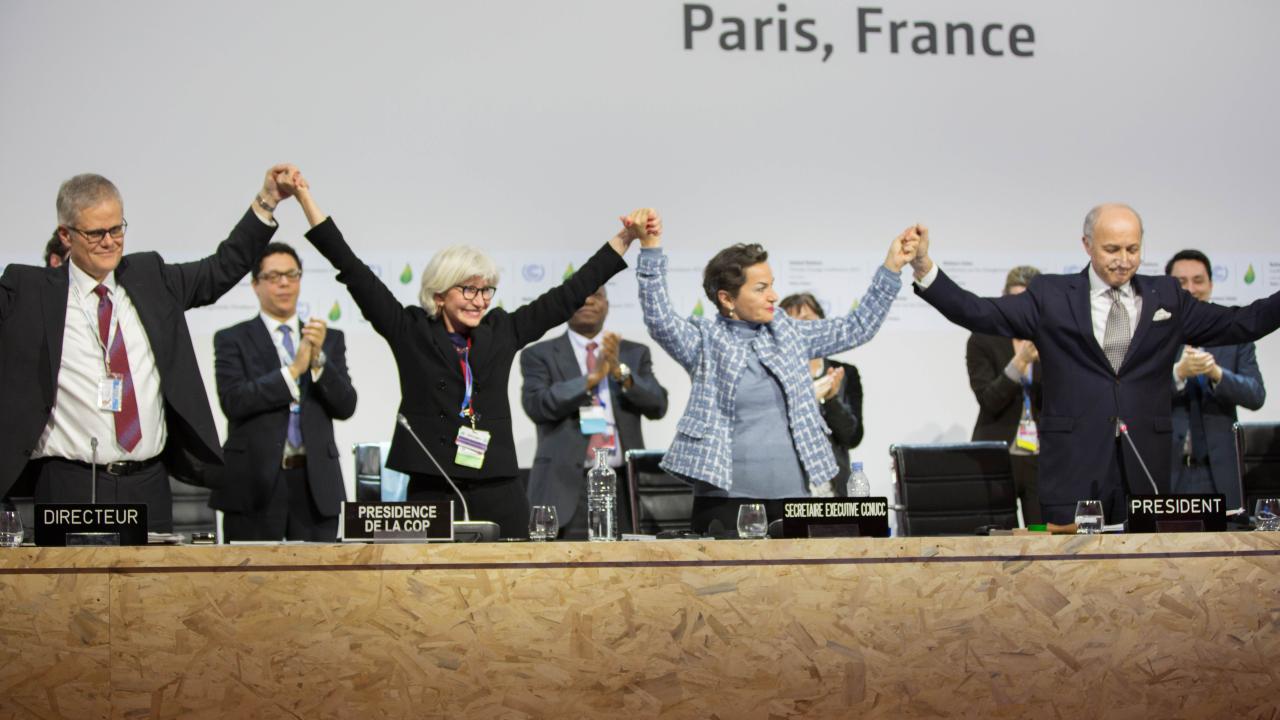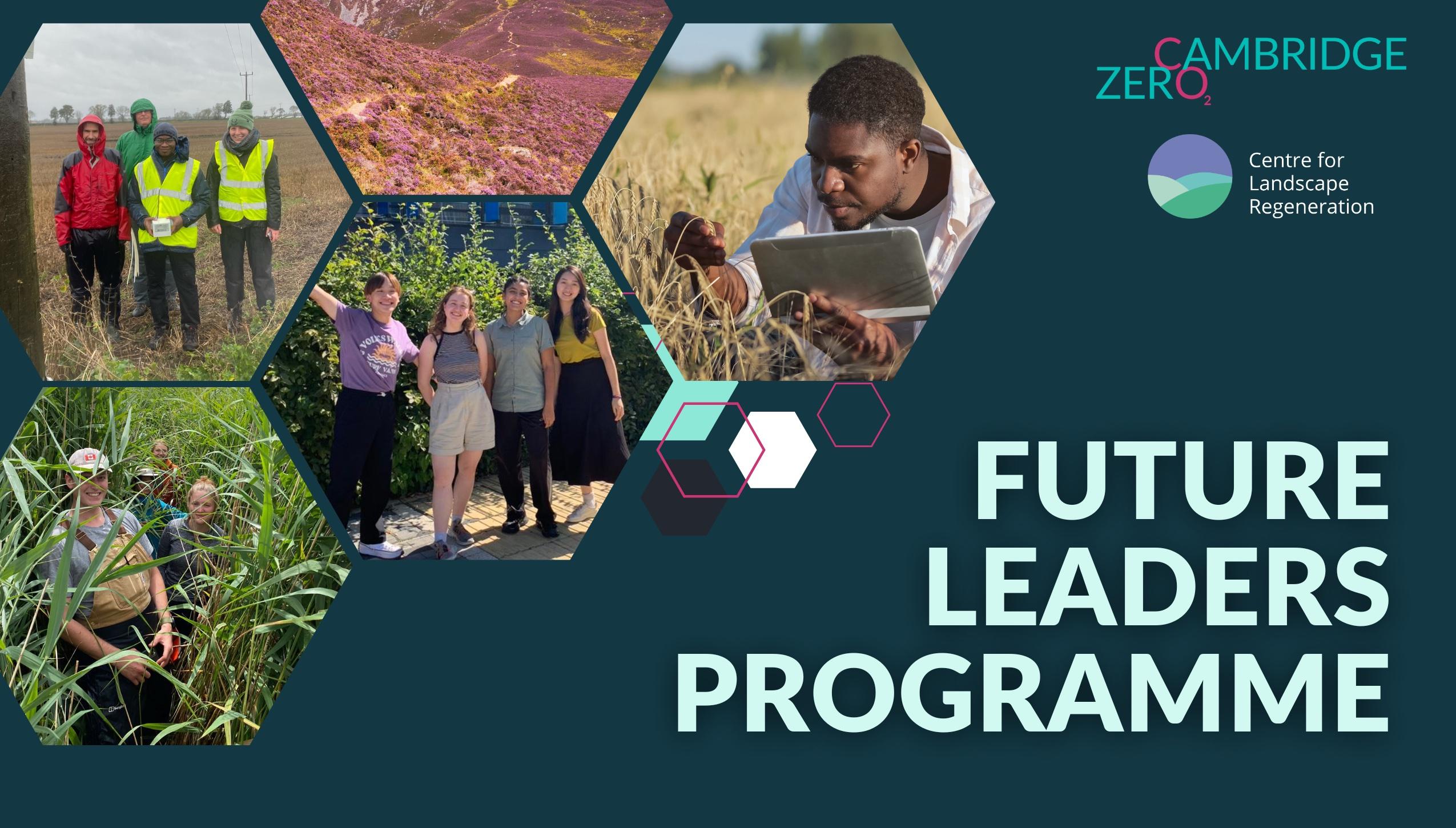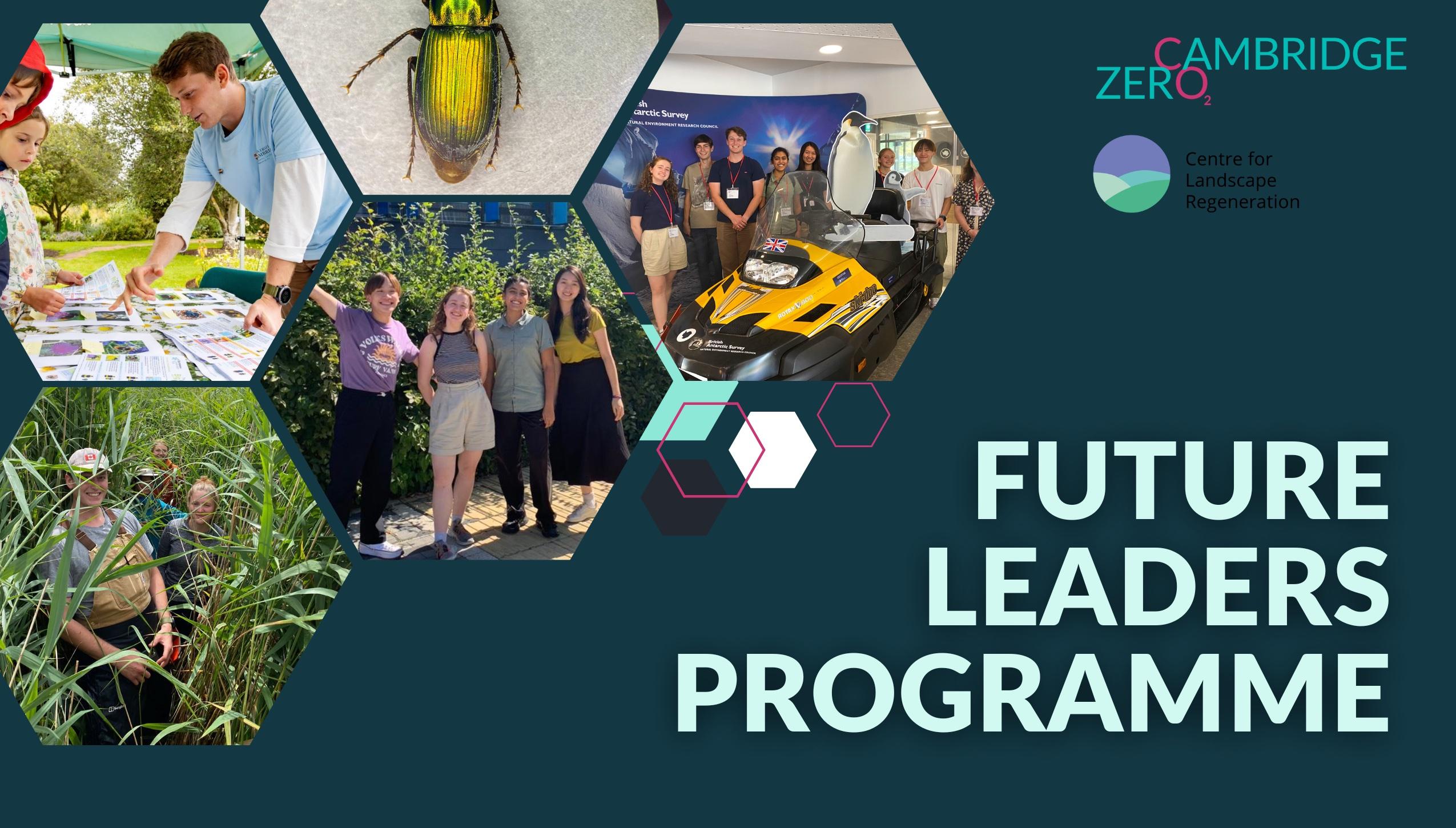What is COP?
A Conference of the Parties (COP) is a high-level conference, usually related to a particular treaty, that brings together states and non-state actors.
A COP can refer to the governance meetings of a number of international treaty bodies, but the acronym is often used to refer to the three environmental conventions established at the 1992 Earth Summit in Rio de Janeiro on climate change (UNFCCC COP), biodiversity (CBD COP), and desertification (UNCCD COP).
The UNFCCC COP on climate change is the most well-known. It includes representatives of all the "Parties" (the countries which have agreed to participate in and be bound by the UNFCCC). The UNFCCC COP takes place every year, and is an opportunity to negotiate new measures, and review progress of all the Parties against the overall goal of the UNFCCC to limit climate change. Generally, each COP agrees a statement or a binding agreement which is publicly released at the end of the conference.
The University of Cambridge is officially admitted as a non-governmental organisation (NGO) Observer to COP negotiations, and is eligible to nominate delegates to attend the Intersessional meetings and COPs. This process is coordinated by the Cambridge Institute for Sustainability Leadership (CISL) for the whole university, in collaboration with Cambridge Zero (CZ) and other University partners.
How do I get involved?
In 2024, there is the opportunity for the University of Cambridge to participate in three UN meetings, as listed below.
- Bonn Climate Change Conference SB 60: Bonn, Germany - June 3-13. More information here.
- CBD COP16: Cali, Colombia - October 21 to November 1. More information here.
- UNFCCC COP29: Baku, Azerbaijan - November 11-22. More information here.
Please complete this short form if you are interested in being nominated to be part of the University of Cambridge delegation at any or all of these meetings.
All members of staff and students of the University of Cambridge are eligible to express interest. Please be aware that expressing interest and subsequent nomination does not mean that we will be able to guarantee a place as part of the Cambridge delegation.
Funding:
Kindly note that while the COP is free of charge (i.e., there is no conference fee), delegates must arrange to cover their own travel, accommodation, and subsistence costs.
How are delegate places allocated?
Each year we receive a high volume of requests for nomination but are generally only awarded a small number of delegate badges by the UNFCCC Secretariat, at COP28 there were a total of 10 badges awarded.
We therefore use the following selection criteria to decide who will represent the university.
Selection criteria:
- Delegates who are directly engaging in the negotiations and can outline the proposed format of this engagement and possible outcomes.
- Delegates who are running or speaking at an in-person event in the formal “Blue Zone” with a defined audience, message and route to impact.
- Delegates who are engaging with policymakers and government representatives with a defined message.
- Delegates who are undertaking in-person research on the ground with clearly stated research aims.
- Delegates who are attending to achieve University work-related goals, aligned with the University’s mission
- Delegates who are undertaking strategic networking on behalf of the University
- Willingness to coordinate with other University attendees to have a cohesive University presence
Decisions will be made by a selection panel based on the criteria above.
Timeline for 2024
- March 4 - 22 March: Expression of Interest (EOI) form open for applications for Bonn SB 60
- May: SB 60 badges will be allocated, and the successful university members will be informed.
- Late May: CISL and CZ will organise a coordination meeting ahead of Bonn SB 60.
- June 3-13: University of Cambridge delegation attends Bonn SB60.
- June 3 – July 26: EOI form reopens for applications for COP16 and COP29.
- September: Successful University members will be informed if they have secured a COP16 badge.
- Mid-October: COP16 coordination meeting with key university partners.
- October 21 – November 1: University delegation attends COP16.
- Late October: COP29 badges will be allocated, and the successful university members will be informed.
- Early November: CISL and CZ hosted COP29 coordination meeting.
- November 11- 22: University delegation attends COP29.
Please note: this timeline maybe open to alterations.



